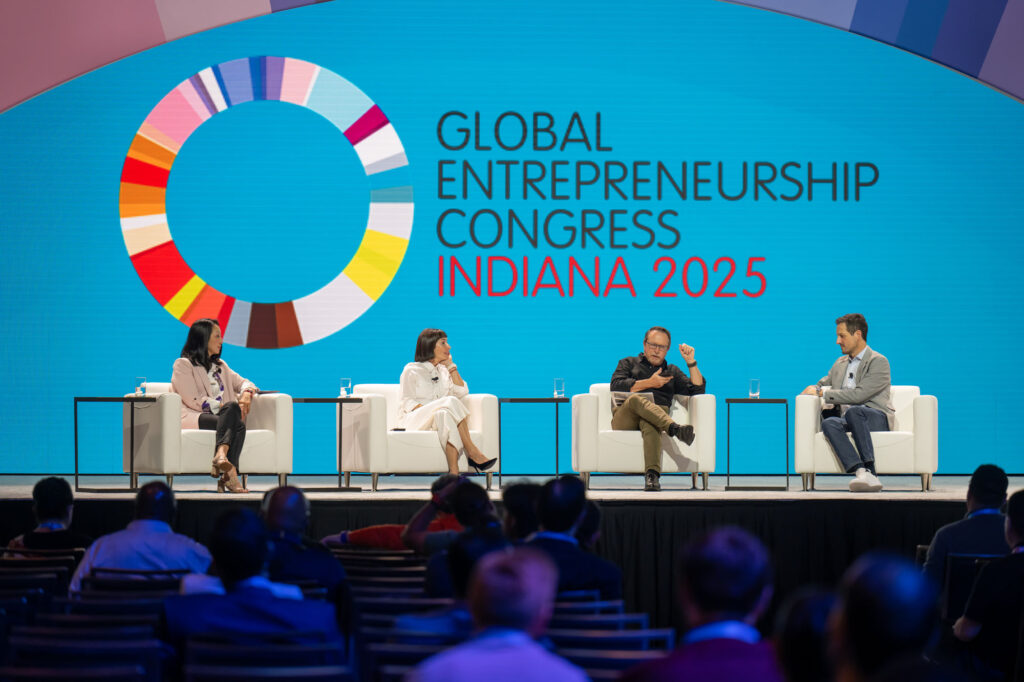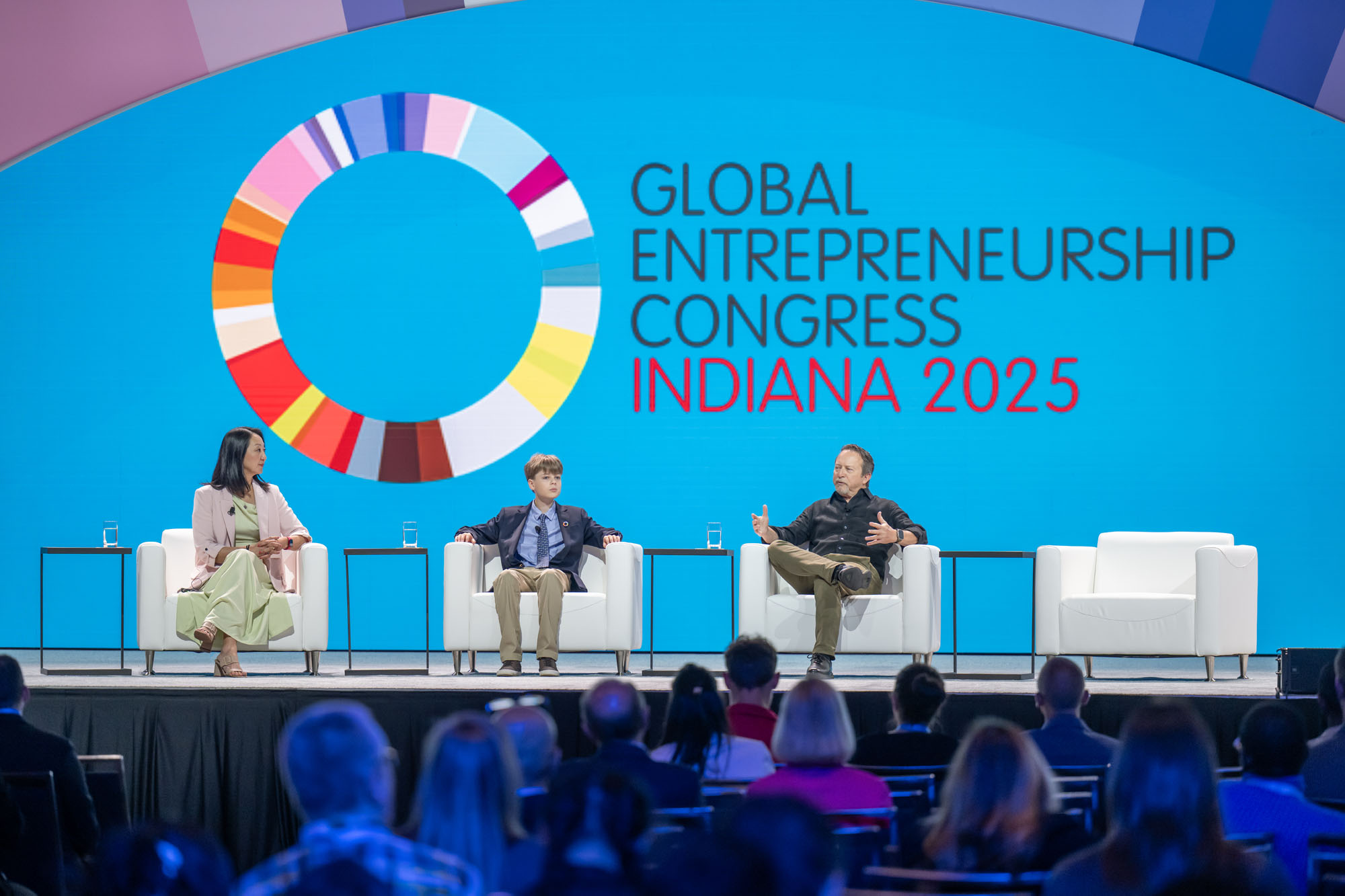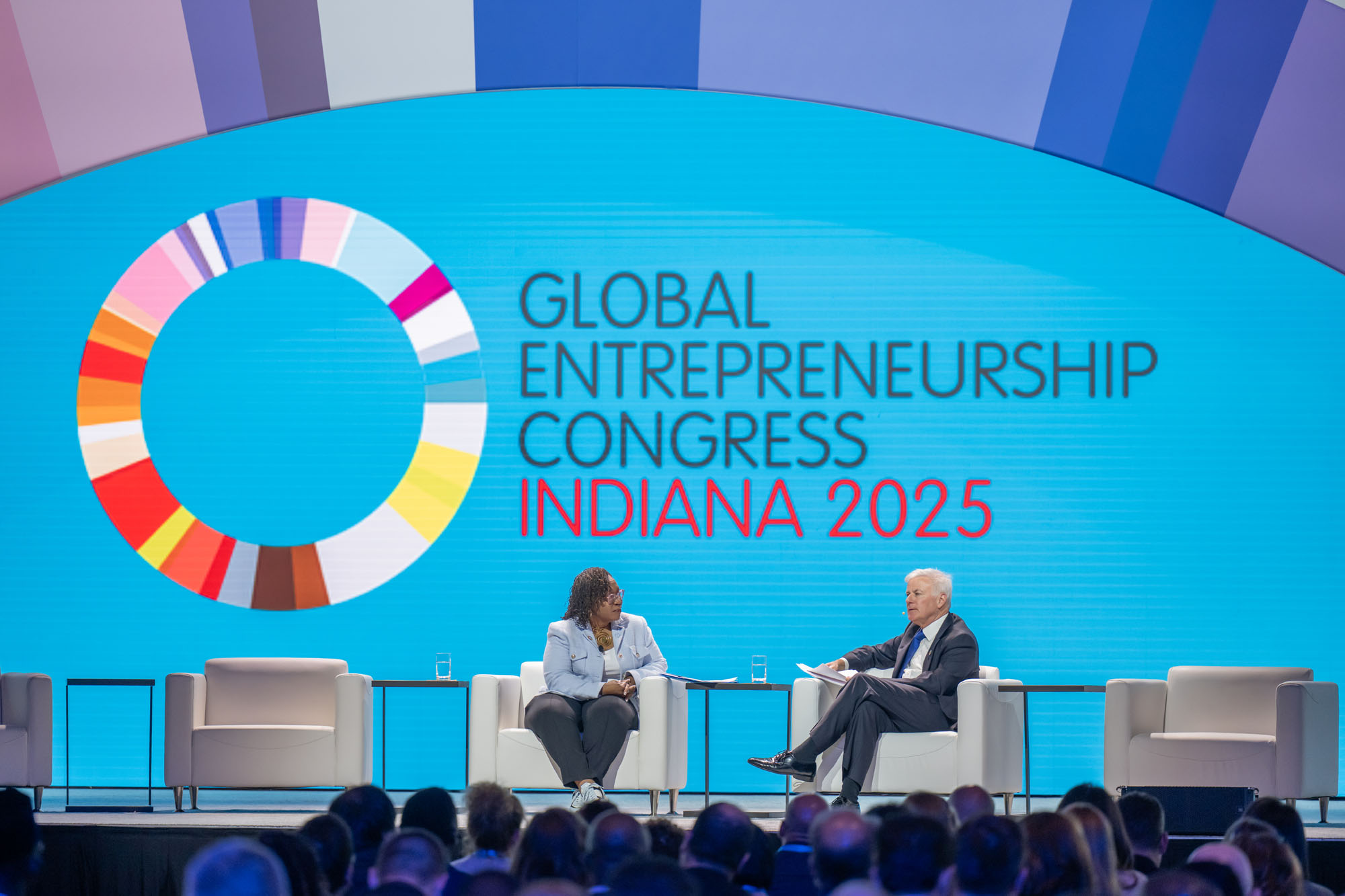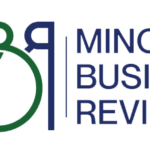Since its 2009 launch in Kansas City, the Global Entrepreneurship Congress has steadily increased awareness of entrepreneurs’ crucial role in driving economic growth while developing innovative solutions to the world’s largest challenges.
Last week, Indianapolis was at the epicenter of global innovation as it hosted the 2025 Global Entrepreneurship Congress (GEC). From June 2–5, thousands of entrepreneurs, investors, policymakers, and ecosystem builders from over 141 countries gathered to collaborate, share insights, and shape the future of entrepreneurship.
The Global Entrepreneurship Congress (GEC) significantly benefits the local economy, generating over $30 million in economic value. Beyond this, the GEC fosters major legacy projects, notably 22 on Sloane, Africa’s largest startup campus spanning 10,000 square meters. However, the true impact extends to the intangible and long-term developments that cities and countries experience for years following the Congress.
Mark Cuban Headlines a Transformative Week
This year saw billionaire entrepreneur and Indiana University alumnus Mark Cuban headline and deliver a compelling keynote, reflecting on his entrepreneurial journey and emphasizing the importance of innovation and accessibility in business. Cuban’s presence underscores Indiana’s growing reputation as a fertile ground for startups and innovation. One of Mark’s most notable insights that he shared was from coach Bobby Knight, “Nobody starts a company thinking they’re going to fail. Everybody’s got the will to win, but it’s only those with the will to prepare that do win.” Cuban went on to say that to succeed in business, “you have to adapt to the new attitude of bringing people with you, and together you go to the top”, instead of the former adage that you step on people to get to the top. Having started numerous successful businesses, Cuban has learned that being empathetic, connected, and more open is the driving force behind his business success. He recalled how when he started his companies in the early stages, some people thought his business ideas were a bit far-fetched. “It’s not about what other people say, it’s about what you know.”
Cuban was asked about AI and its position in our daily lives. He broke it down for us into two-part answers, saying:
“First, we’re heading toward a world with only two types of companies: those that are great at AI, and everybody else. And that second group? They’re going out of business. So if you’re in that first group, the ones who know they need to start, then yes, you have to get started.”
“Second, how do you start? You just start asking questions. Literally, open ChatGPT or whatever tool you’re using, and say, “Hey, what’s up? What’s good?” Then transition into what matters: “By the way, I have a question about this business I’m working on…” He advised the delegates to “Just go for it”. The tool isn’t going to come back and say, “You suck. Leave me alone.” It’s just there, waiting to help. There’s no judgment.” Cuban emphasised the need for engagement with AI, especially as entrepreneurs and the agency of human input. He likened it to having the knowledge of an entire university right next to you.
Other industry leaders like Julie Wainwright, founder & former CEO of The RealReal, talked about grit, highlighting innovation as the cornerstone of entrepreneurship. She shared relatable anecdotes from her time at the helm, as well as advice for those starting out. Wainwright outlined the challenge of women founders only having access to 2% of all venture funding, and encouraged entrepreneurs to persevere and create the ideas they have despite the challenges and naysayers.

Brad Feld, who is a start-up guru, was also there to offer a clear-eyed, practical guide to boldly showing up for others and building a lasting impact on business. One takeaway that resonated was his take on mentorship and business. He noted that anyone should be able to start a company anywhere in the world. The idea of how to start a company, even the notion around entrepreneurship, and the global networks that are built during GEC, should be a stepping stone to foster entrepreneurship. Furthermore, he believes that if someone is interested in becoming a mentor, they should put themselves in a position where they can be mentors.
Donna Harris’s hot takes are what every entrepreneur should consider as a guide to succeeding in business. She spoke about reasons startups fail, citing a lack of demand, not building something people want. She added that entrepreneurs should challenge their assumptions, write down what they believe and then build from fact, not assumption. Her main point was around MVE (Minimum Viable Experiment) vs MVP (Minimum Viable Product)- focusing on experimentation, which should be quick, low-cost, and focused on learning, not just a product that no one wants.
The program for GEC was packed with great sessions and panels for attendees to immerse themselves in. Key themes included the entrepreneurial ecosystem – from founder to investor to ecosystem builder, talent development – building and retain talent, AI – its uses, opportunities and threats; the creative economy – driving growth, policy – it’s impact on economic growth; burnout – supporting entrerprenurs in distress, the customer journey – identifying and engaging the correct customer; collaboration and many more.
Attendees had the opportunity to engage in various ways, including investor meetings, venture studios where innovators were able to present their ideas and pitch opportunities. Side events were hosted by various companies and organizations to further broaden the scope of content and engagement.
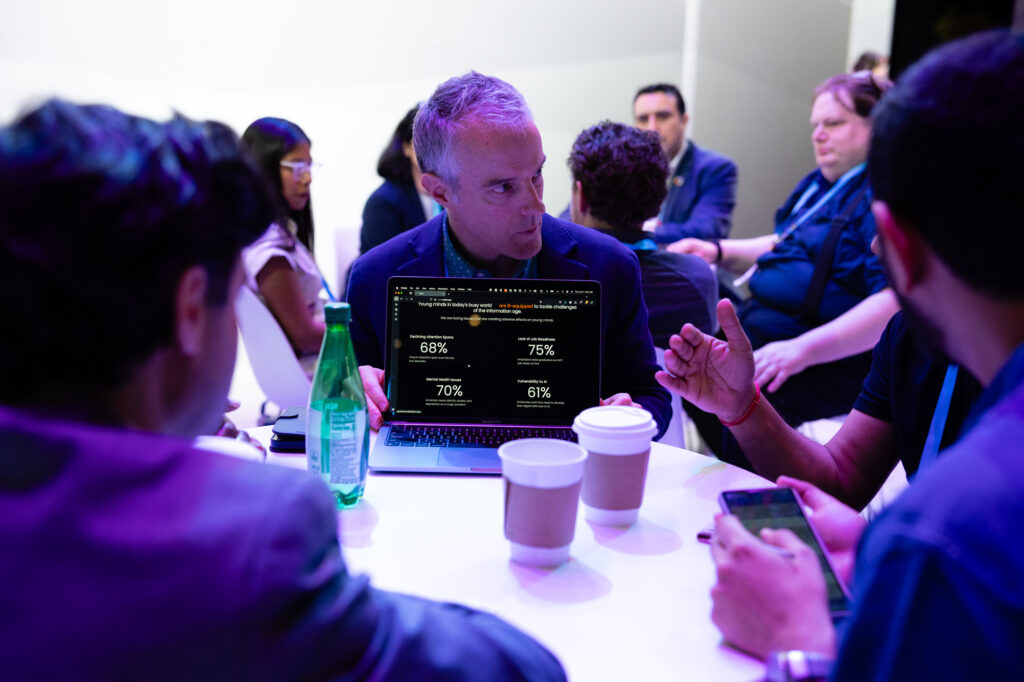
IU, one of the sponsors of GEC 2025, showcased its statewide innovation and entrepreneurial leadership with several representatives in attendance from all irs campuses as well as demos from student-led startups from IU Innovates.
Cross-border ideas exchange was a central part of GEC, encouraging bridging continents and exploring the innovation pipeline within local regions and across borders. Investment in innovation is quickly becoming border free with technology bridging the geographical gap. Africa was highlighted as a growing startup ecosystem experiencing 600% growth since 2015 and a projected youth population of 456 million by 2035, offering cross-continental investment opportunities, the need for technology transfer, and enhanced trade relationships.
BioCrossroads, a key player in Indiana’s life sciences secto,r showcased how the state’s research institutions and funding networks are driving breakthroughs in life sciences. Additionally, the DeVoe School of Business presentedits virtual education initiative, targeting the growing demand for higher education across Africa through specialized programs in technology and entrepreneurship.
GEC 2026 and beyond
The Global Entrepreneurship Congress is more than a conference; it’s a driver of global economic growth. By bringing together different stakeholders, GEC facilitates the collaboration, innovation, and the sharing of best practices. Having Indiana host GEC 2025 is a testament to its commitment to building a vibrant entrepreneurial ecosystem and its readiness to engage on the global stage. Running on the 2025 theme “The Bold Change the World,” GEC gathered more than 3,455 entrepreneurs, investors, policymakers, and ecosystem builders from 141 countries, providing attendees with an opportunity to build an impactful network and gain deep knowledge from experts across several industries.
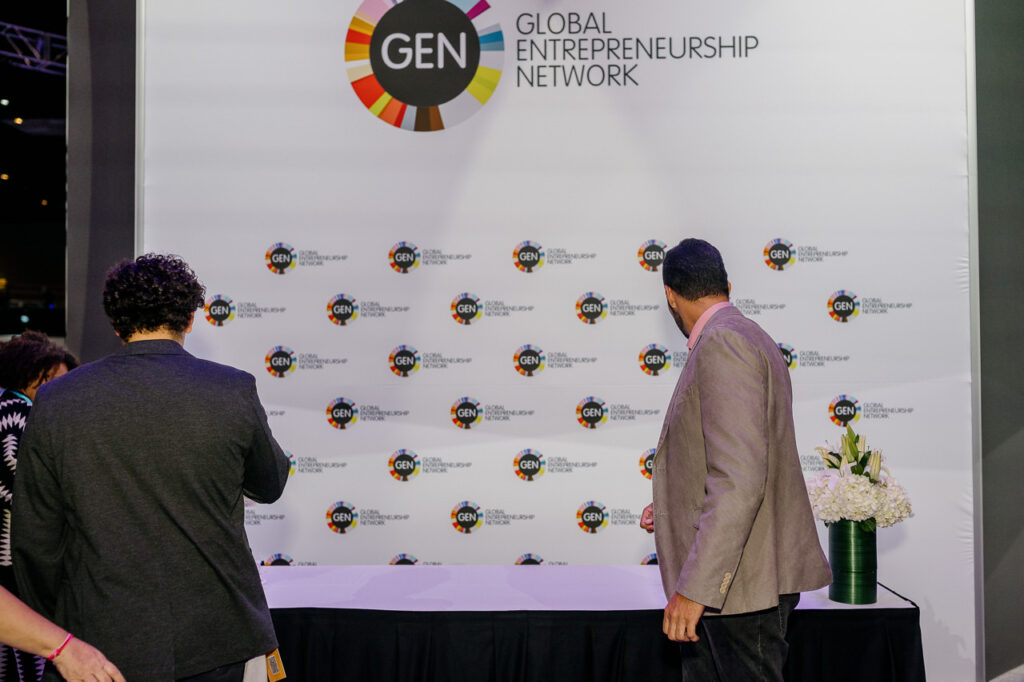
As GEC delegates returned to their home countries carrying new connections, insights, and collaborative frameworks, Indianapolis cemented its position as a significant player in the global entrepreneurship ecosystem. The success of GEC 2025 sets the stage for continued global collaboration in forging entrepreneurship as a driver of economic growth, innovation, and positive social change. Attendees can look forward to 2026 with anticipation of more collaboration, ideas exchange, insights and investment. As the entrepreneurship ecosystem continues to evolve at breakneck speed, the connections and frameworks established during these four transformative days will prove invaluable in navigating the bold changes ahead.






